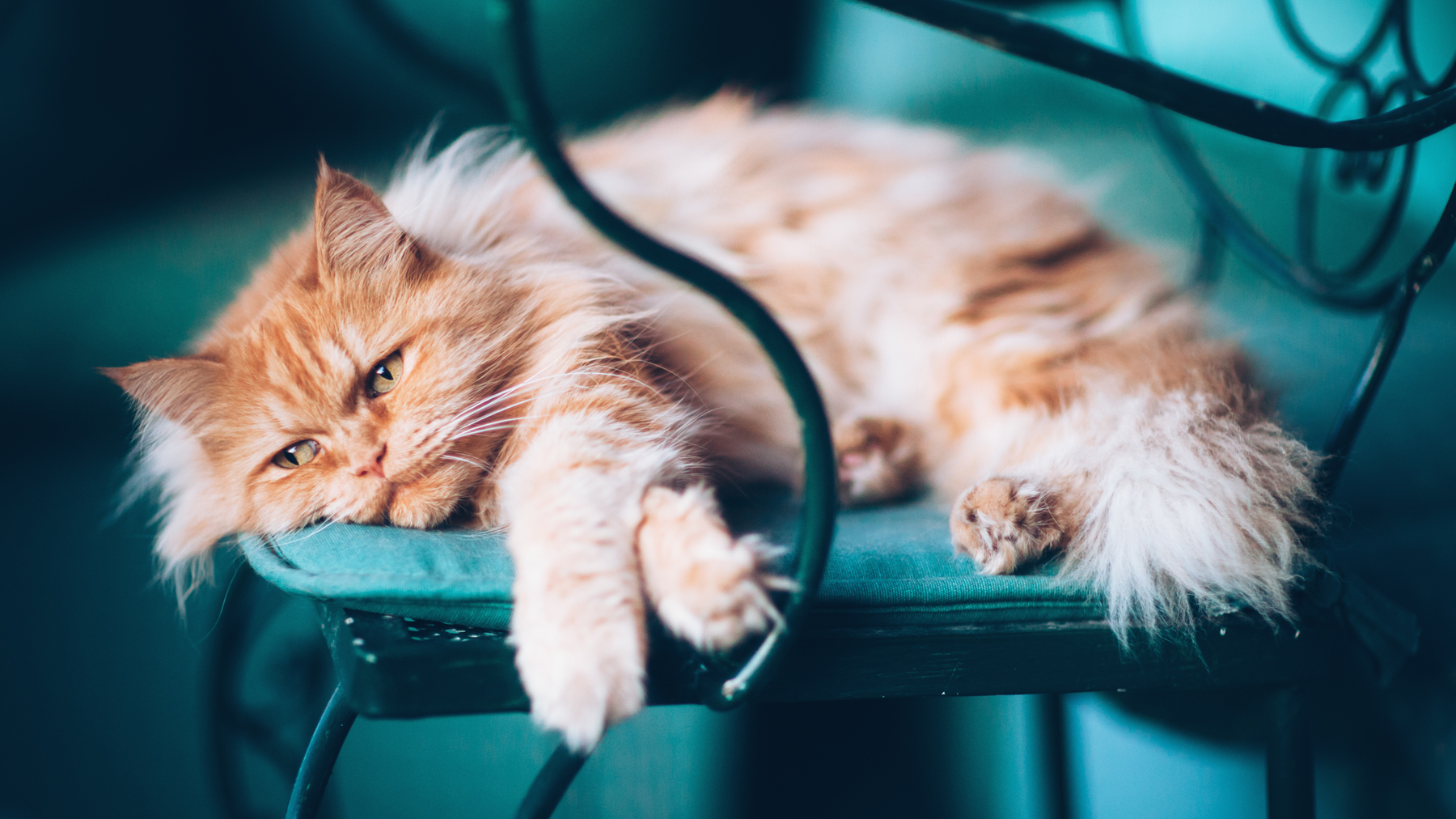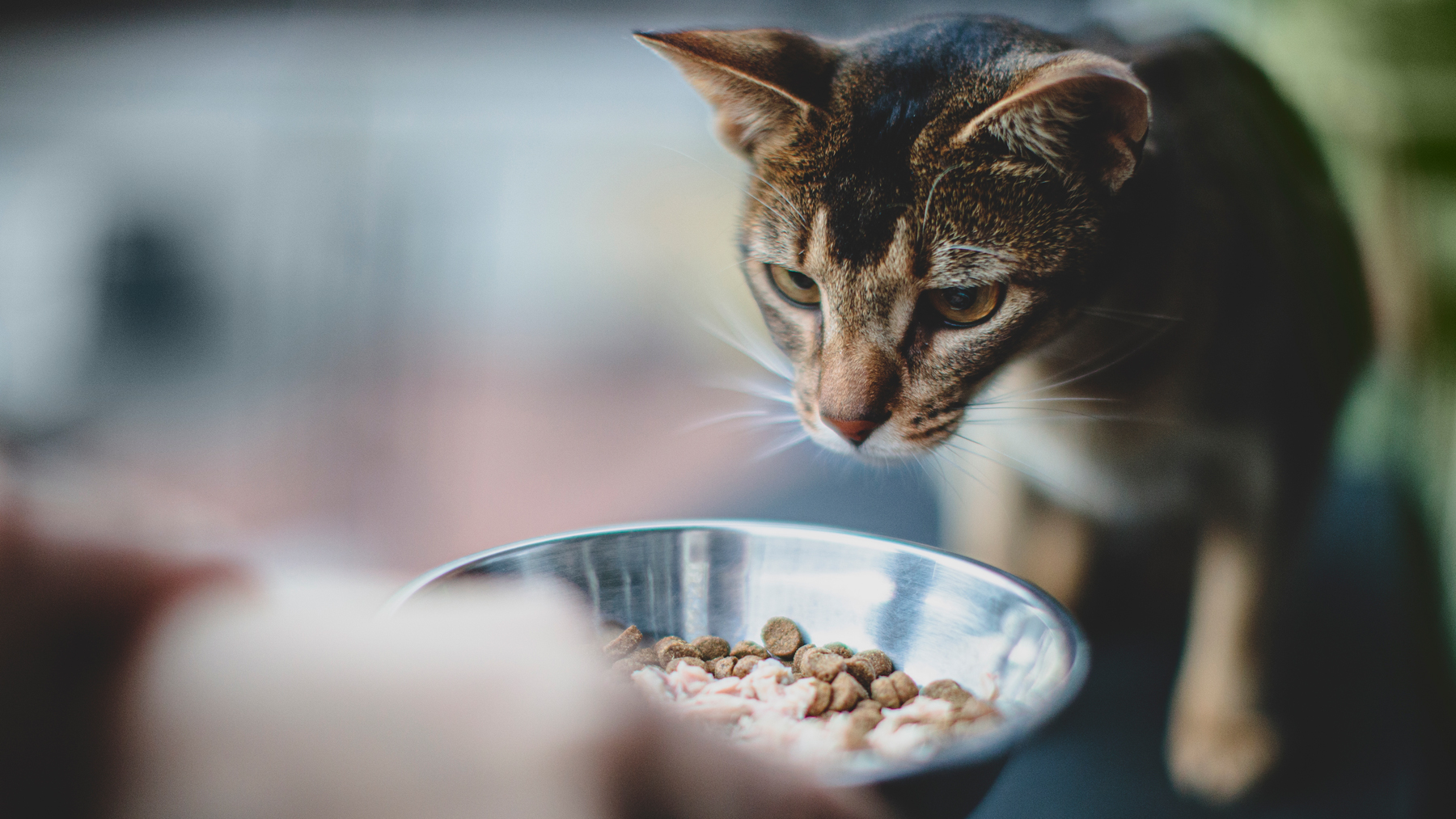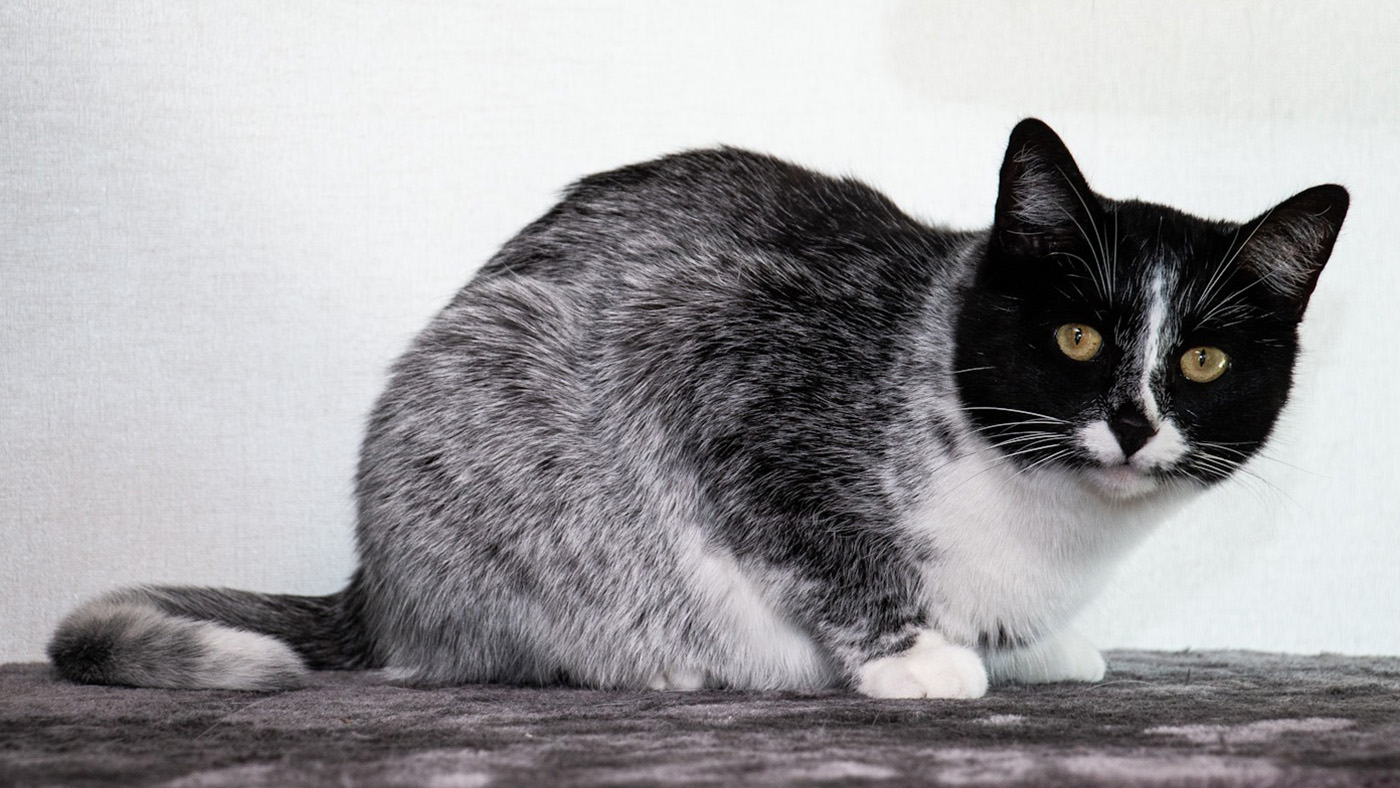Six ways to tell if your cat is sad
These are some of the telltale signs to look out for in a sad kitten or cat

Sometimes it’s difficult to recognize when humans are feeling low and the same can be said for our feline friends. Cats have built up quite the reputation for being very aloof mammals and although this certainly doesn’t apply to all cats, you may be struggling to tell if you have simply landed yourself with a feisty kitten, or if there could be a deeper problem affecting your kitty’s happiness.
If you’ve found yourself asking ‘is your cat sad?’ lately, then you have probably noticed certain changes or behaviors in your moggy. Perhaps your cat no longer gets excited when you bring out some of the best cat treats for him or her.
As humans, we are often told not to bury our heads in the sand and hide away from our feelings. Although you will struggle to have a full-on heart-to-heart with your cat, it is in your favor to check up on your cat if they seem out of character or frequently down. We’ve established some common ways to tell if you have a sad cat on your hands to help inform you if you should take action to cheer up your kitty.
1) Disinterest in playing
Whether you own a cat or a kitten, you will know how entertaining playing with your cat can be, not only as a bonding activity for you both but also for enhancing your cat’s mental stimulation and development. But you may have noticed your cat has less and less interest in playing with you or with some of the best interactive cat toys.
2) Reacting to you or other pets differently
If your cat is sad it may not behave like its usual self, for example, your usually friendly and sociable cat may be acting more reclusive. Or on the flip side, your typically quiet cat may be acting unusually clingy toward you or others. Although cats are often associated with being more distant compared to dogs, they do form genuine bonds with their owners. One study published in the Current Biology journal revealed that cats form bonds in a very similar manner to children with their parents or carers.
3) Change in eating habits
Perhaps you have been trying to work out why your cat doesn’t enjoy the best dry cat food or the best wet cat food? If this isn’t an allergy or dietary-related issue, then it may be down to them feeling too sad to eat. Or if your cat is overeating despite experiencing no increase in exercise, this also could be a sign of sadness.
4) Changes in grooming
If you’ve spotted your cat’s grooming pattern has changed it could be a flea issue or a deeper underlying health issue. But it also could be a sign of sadness, you may notice they take poorer care of themselves. Research conducted by the University of Helsinki in 2021 highlighted seven key personality and behavior traits across various breeds of cats and excessive grooming was one of them. One of the doctoral researchers from the university, Salla Mikkola, said, “Litterbox issues and excessive grooming…can indicate something about the cat's sensitivity to stress.”

5) Change in toilet tendencies
Following on from the former point, it’s not uncommon for a stressed out or territorial cat to go to the bathroom outside of its litter and this may be an indication that your cat is down. You should check this behavior out with a vet first as it may mean they have a health issue such as a urinary infection. But if not and it appears to be affecting their mood, this may be down to something that you have disrupted in their environment or routine. Have you moved the location of their litter box lately, or are you cleaning it out less regularly? This may have put your cat in a bit of a huff or slump.
6) Excessive scratching
If your cat is obsessively scratching furniture or other belongings, it may be trying to tell you that something is up such as feelings of sadness. They could be using this as a means of relief from stress or trauma, or attempting to mark their territory if they feel threatened in any way.
You may not notice your cat displaying any of these signs and just want to pick up some general knowledge and tips on improving your cat’s life. For example, you might want to know; should cats drink milk? Or you’ve found yourself questioning, ‘my cat is smelly - what can I do?’
If you’re concerned about your cat’s behavior or health, it’s always best to visit a vet.
Looking for ways to give your fur friend's mental and physical health a boost? Our guide to fun cat enrichment ideas has got you covered.
PetsRadar Newsletter
Get the best advice, tips and top tech for your beloved Pets

With over a year of writing for PetsRadar, Jessica is a seasoned pet writer. She joined the team after writing for the sister site, Fit&Well for a year. Growing up with a lively rescue lurcher kindled her love for animal behavior and care. Jessica holds a journalism degree from Cardiff University and has authored articles for renowned publications, including LiveScience, Runner's World, The Evening Express, and Tom's Guide. Throughout her career in journalism she has forged connections with experts in the field, like behaviorists, trainers, and vets. Through her writing, Jessica aims to empower pet owners with accurate information to enhance their furry companions' lives.
